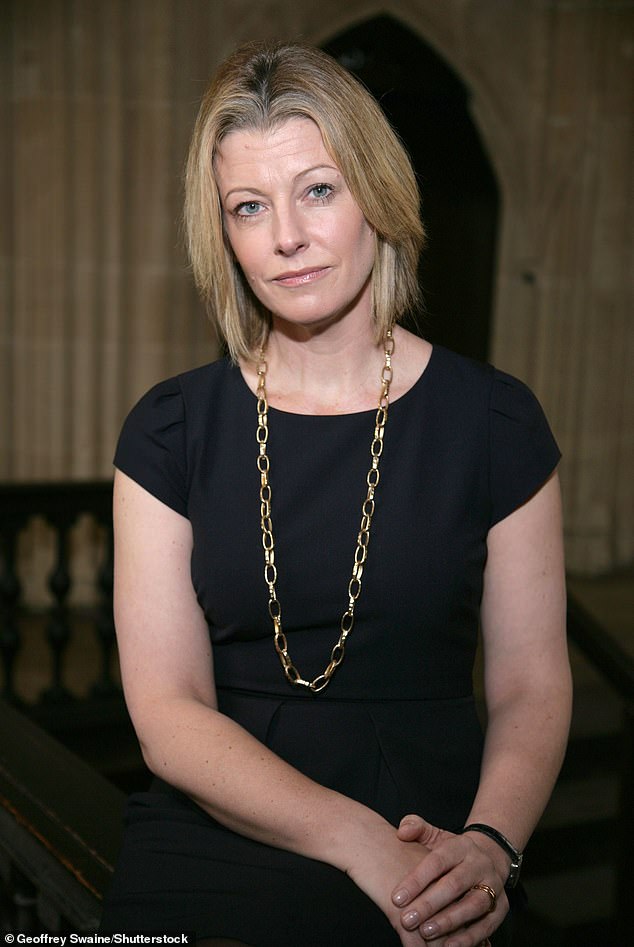King Charles faces cash demands over slavery as Caribbean nations prepare to ask the Royal Family for reparations by the end of the year
King Charles faces money demands over slavery, while Caribbean countries prepare to ask the royal family for reparations by the end of the year
- Church of England, Lloyd’s of London and wealthy universities are also in the crosshairs
Caribbean countries will make formal demands from the royal family for slavery reparations by the end of the year.
Rather than trying to reach intergovernmental agreements, several countries want to take their cases directly to descendants of those believed to have benefited from slavery, including King Charles.
The Church of England, Lloyd’s of London and wealthy universities are also in the crosshairs, said Arley Gill, chairman of the Grenada National Reparations Committee.
“We hope that King Charles will revisit the issue of reparations and make a deeper statement, starting with an apology, and make royal family resources available for restorative justice,” he told the Daily Telegraph.
‘He should make some money available. We don’t tell him to starve himself and his family, and we don’t ask for trinkets. But we believe we can sit down and discuss what can be made available for restorative justice.”
Rather than trying to negotiate intergovernmental agreements, several countries want to take their cases directly to descendants of those believed to have benefited from slavery, including King Charles.

The campaign has been boosted by the decision of former BBC correspondent Laura Trevelyan (pictured) to donate money and apologize to the people of Grenada for her family’s role in the historic slave trade.
The Reparations Commission for St. Vincent and the Grenadines (SVG) plans to issue formal demands for reparations by the end of this year, it has been claimed. The royal family will also likely be in the spotlight of SVG, which, like Grenada, was a British colony.
The chairman of the reparations committee, Adrian Odle, said that ‘every property owned by the royal family has the stench of slavery’.
The campaign was boosted by former BBC correspondent Laura Trevelyan’s decision to donate money and apologize to the people of Grenada for her family’s role in the historic slave trade.
“My family, the Trevelyans, owned about a thousand slaves on five different sugar plantations in Grenada in the 17th and 18th centuries,” she said last year.
‘When slavery was abolished in 1834, our family received compensation from the British government for the loss of our property, as part of the 46,000 British claims filed with the Slave Compensation Commission. We received about £3 million in cash today. The slaves got nothing.”
One of the royal family’s most frequently cited ties to slavery was the Royal African Company, which enslaved and transported hundreds of thousands of people from Africa to the Americas.
Earlier this year the Guardian published a 1689 transfer of shares in the Royal African Company from Bristol merchant and slave trader Edward Colston to King William III.
King Charles said last year that he felt “personal sorrow at the suffering of so many,” but did not go as far as an apology.
However, he never publicly ruled out reparations.
Dutch King Willem-Alexander has apologized for Dutch involvement in slavery, saying he “felt the weight of the words in my heart and soul.”
King Charles is said to be interested in understanding the results of an academic study into the relationship between the British monarchy and the slave trade in the 17th and 18th centuries.
